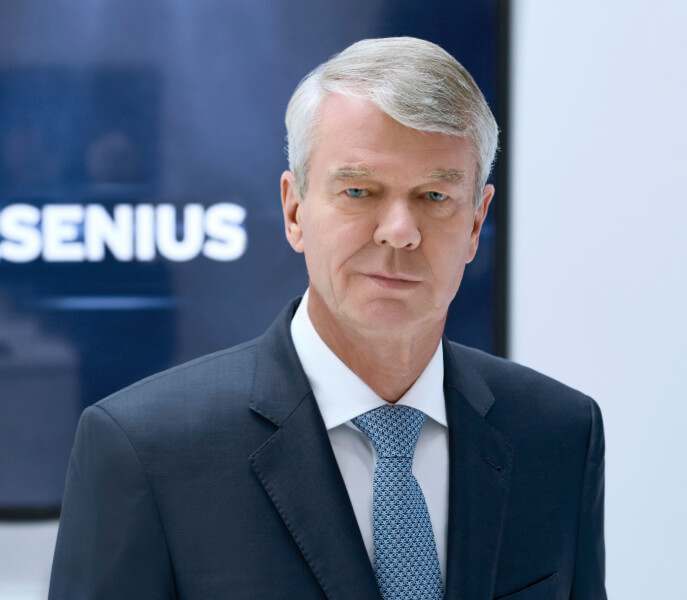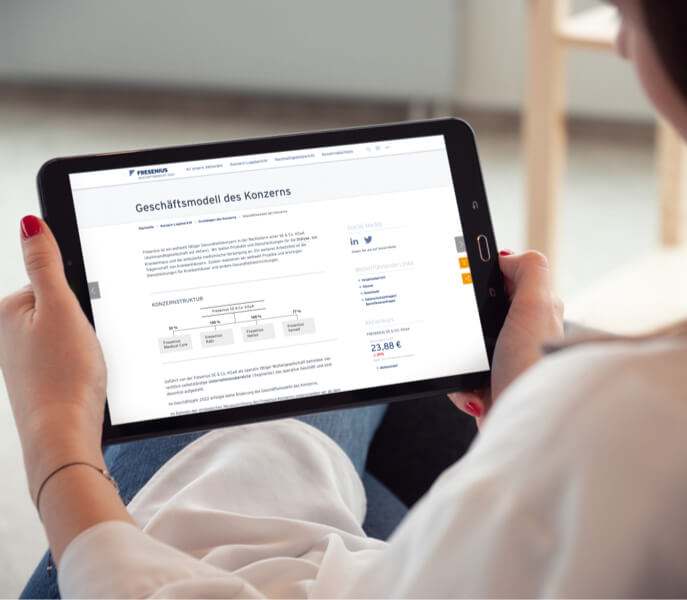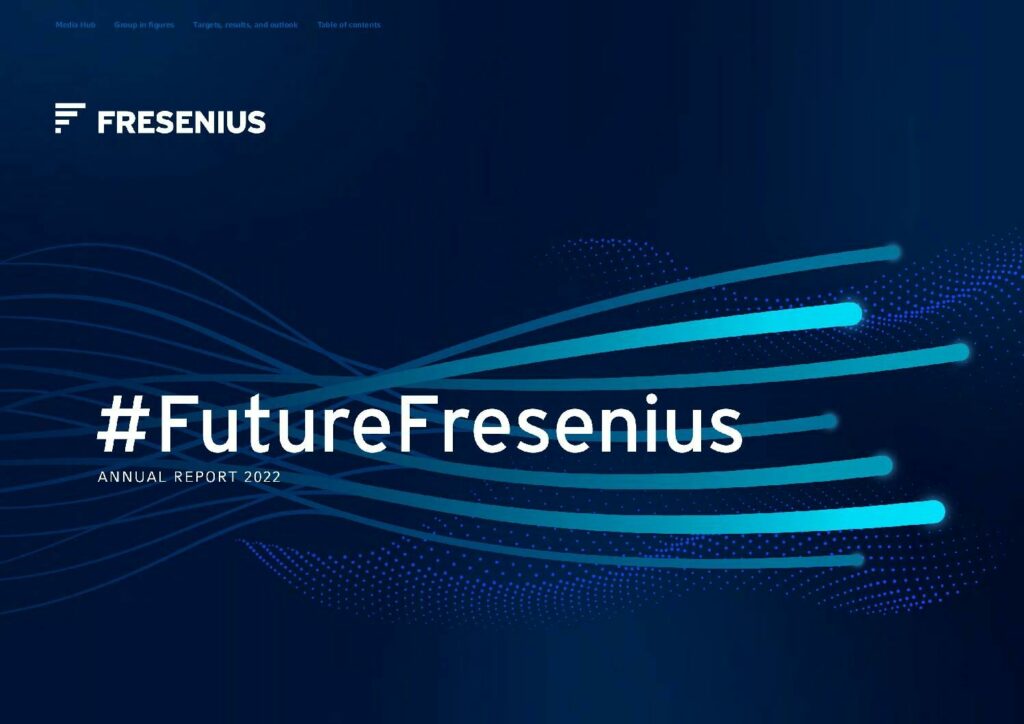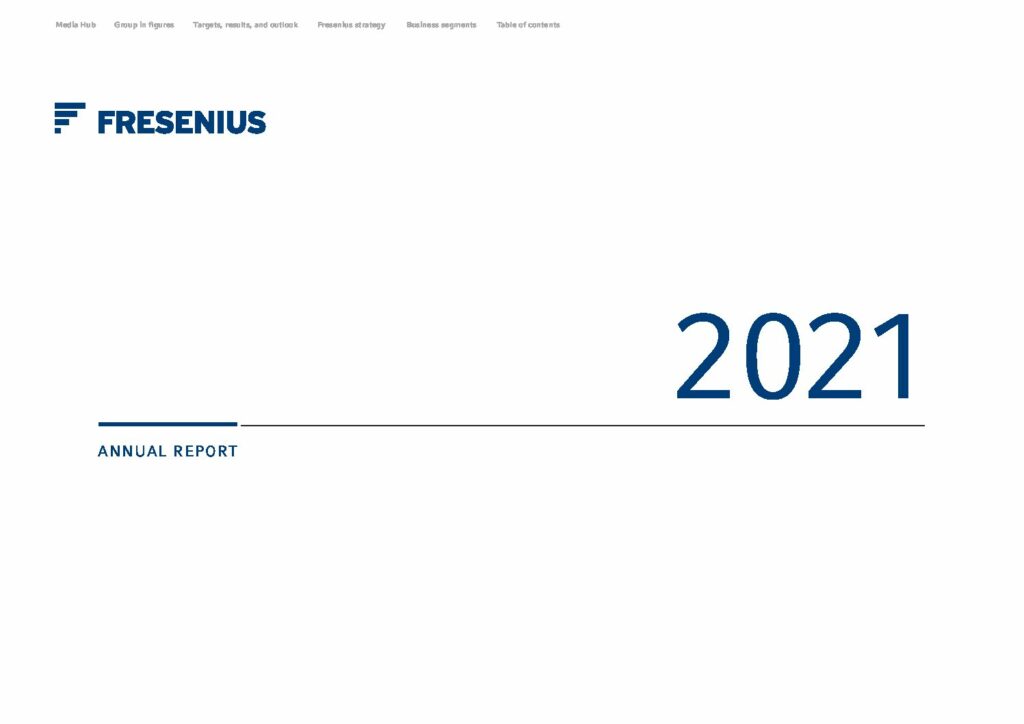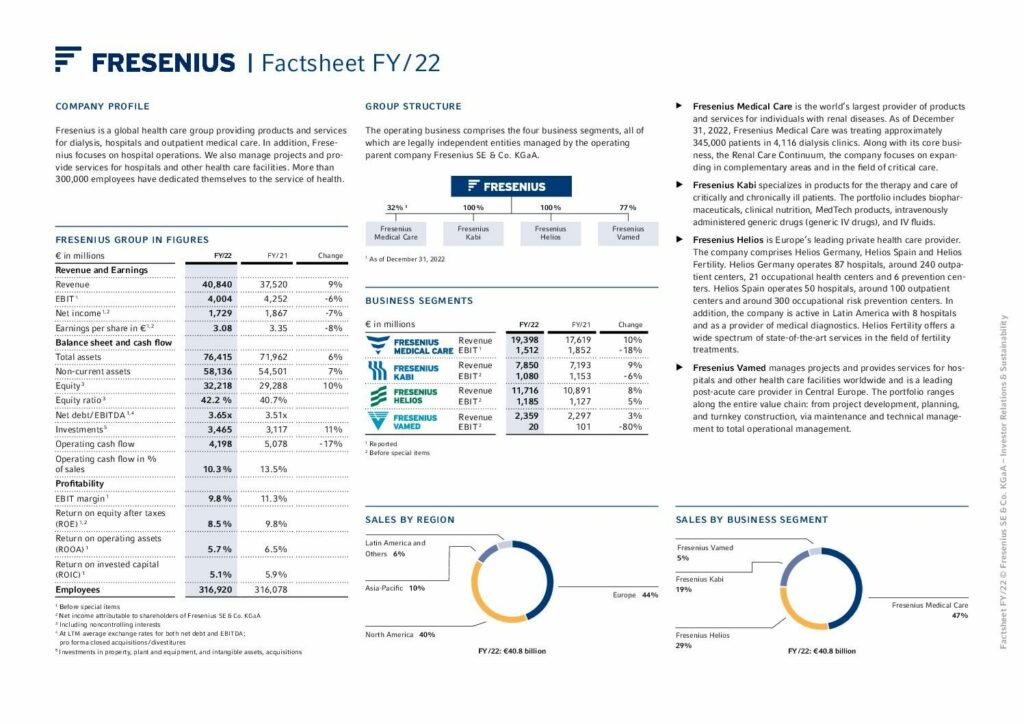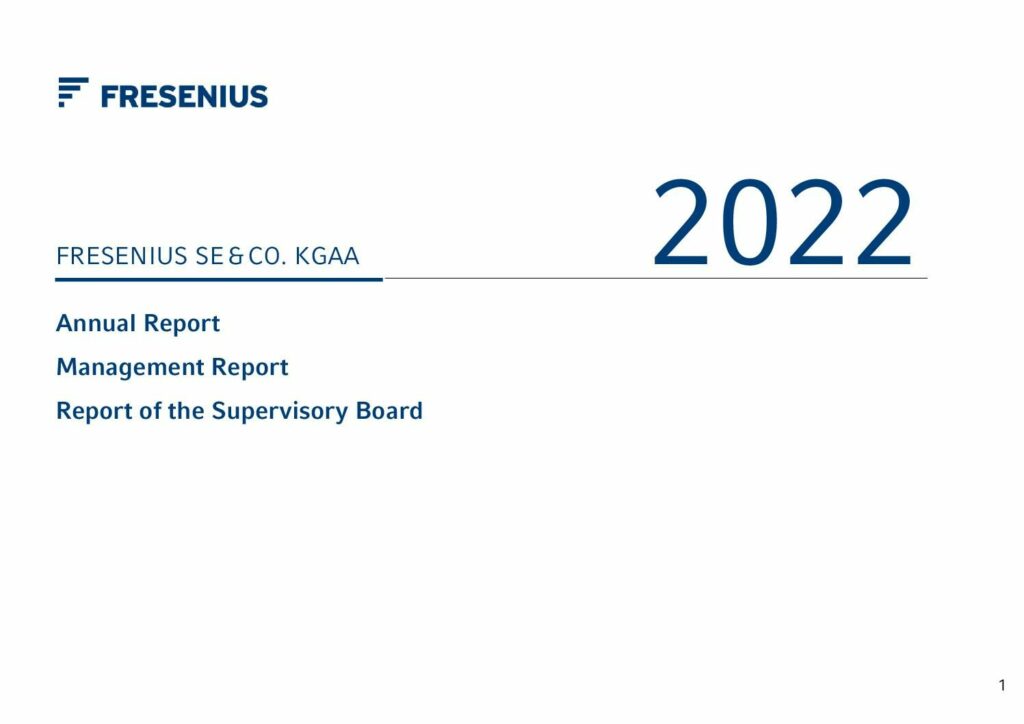
Letter to our shareholders
Fresenius set the strategic course and is moving towards #FutureFresenius with a simplified structure, sharper focus and acceleration of performance.
Read moreSustainability report
Fresenius is at the heart of healthcare. The well-being of our patients guides our actions. This applies to sustainability at all levels.
Read moreStrategy and management
Driving sustainability forward and thus creating a solid basis for future challenges is a joint task of the entire Fresenius Group.
Well-being of the patient
As a healthcare group, the safety and well-being of our patients is our top priority.
Diversity
At Fresenius, we create conditions for a diverse, inclusive and equal working environment in which employees can integrate well.
Employees
The commitment of our more than 300,000 employees worldwide is the foundation of our success.
Financial Highlights FY/22
Despite a difficult macroeconomic environment, Fresenius met its FY 2022 revised Group sales and earnings targets.
To Group financial figures
Revenue
€ 37,520 m
+4 %1
FY/21: €37,520 m
Net interest2
€ -504 m
0%1
FY/21: € -504 m
EBIT2
€ 4,252 m
-11%1
FY/21: €4,252 m
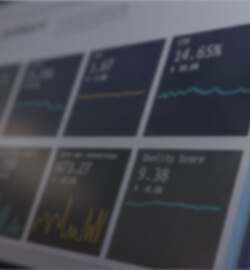
Employees
316,078
Dec. 31, 2021: 316,078

Net income2,3
€ 1.867 m
-10%1
FY/21: €1,867 m
Earnings per share2
€ 3.35
-13%1
FY/21: €3,35
1 In constant currency
2 Before special items
3 Net income attributable to shareholders of Fresenius SE & Co. KGaA

Management Report
Fresenius is at the heart of healthcare. The focus here is on our services for patients, our clinical decisions, our drugs, our medical devices and technologies – and, above all, our patient care. Every day, our employees improve the quality of life for millions of people around the world.
To the management report
